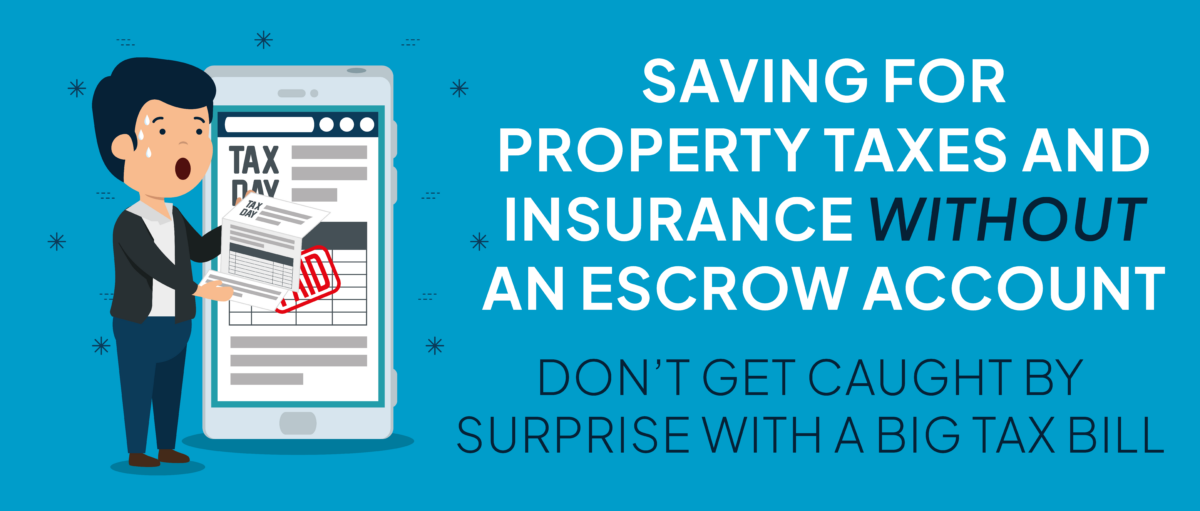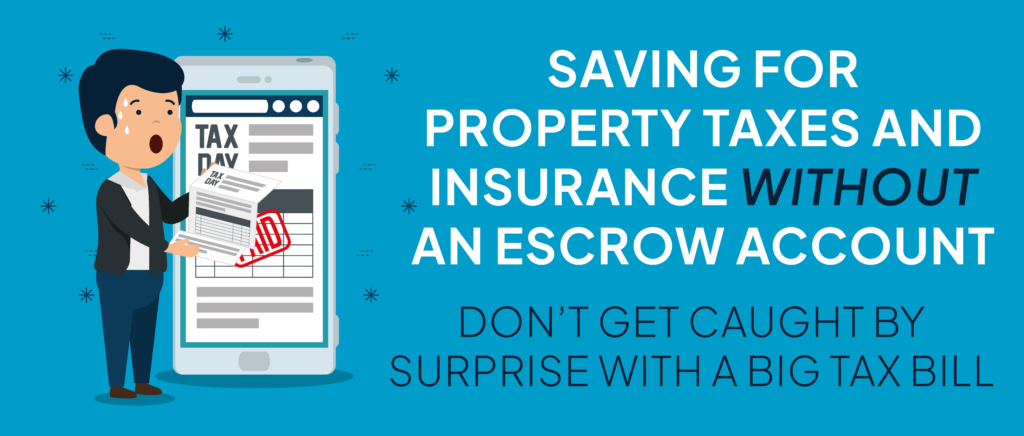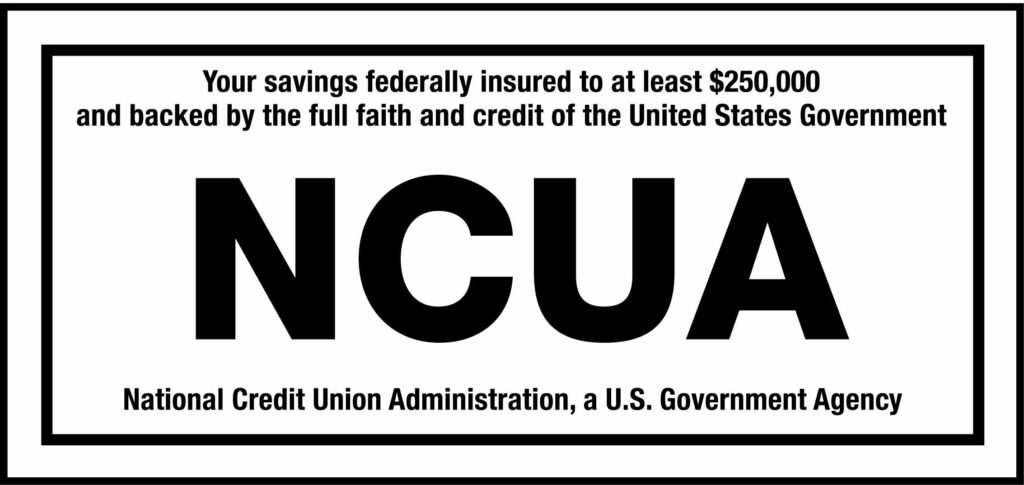Saving for Property Taxes and Insurance Without an Escrow Account

Many homeowners rely on escrow accounts to manage property tax and homeowners insurance payments. These accounts allow mortgage servicers to collect a portion of your taxes and insurance along with your monthly mortgage payment, ensuring those big bills are handled on time. However, not all members choose this option—either because they’ve paid off their mortgage, or they’ve received an escrow waiver. If you’re in this situation, here’s how to manage these payments on your own and make the most of your money in the process.

What Is an Escrow Account?
An escrow account is typically required by mortgage lenders to ensure property taxes and homeowners insurance are paid on time. Each month, part of your mortgage payment goes into this account, and your lender pays those bills on your behalf when they’re due. It’s a convenient way to break large, annual bills into smaller, more manageable amounts.
Benefits and Drawbacks of Escrow Accounts
Benefits:
- Convenience: With an escrow account, your servicer handles the payments for you. This reduces the number of bills you have to track and ensures you don’t miss a due date.
- Budgeting Help: Breaking large bills into smaller monthly amounts can make it easier to budget and avoid hefty lump sum payments at the end of the year.
Drawbacks:
- No Interest: Most escrow accounts don’t pay interest on the funds sitting there waiting to be used. This means you miss out on potential earnings that your money could generate in a savings account.
- Less Control: Since the lender controls the funds and when payments are made, you have less flexibility with how and when your money is used.
How to Save Without an Escrow Account
If you’ve opted out of escrow, you’ll be responsible for paying your property taxes and insurance on your own. Here’s a disciplined approach to make sure you have the money when you need it:
- Open a Dedicated Savings Account: Set up a separate, interest-bearing savings account specifically for property taxes and insurance. This way, your money is working for you while it sits, waiting to be used. Click here to see our current interest rates on Hight Yield Checking, CDs, and Money Market Accounts.
- Calculate Your Annual Payments: Estimate your total yearly payments for property taxes and homeowners insurance. You can typically get this information from your local tax authority or insurance provider.
- Set Up Automatic Transfers: Divide your total yearly payment by 12, and set up monthly automatic transfers into your dedicated account. This makes saving easier and ensures you’re consistently putting money away.
- Monitor Your Balance: Regularly check your savings account with AGCU Mobile and Online Banking to make sure you’re on track. If there are any changes to your tax or insurance rates, adjust your savings plan accordingly.
- Maximize Interest: Choose an account with a higher interest rate so your savings can grow. While it might not generate huge returns, every little bit helps when preparing for large expenses. Click here to see rates!
- Lower Your Insurance Payment: If you haven’t compared rates in a while, contact AGCU Insurance to see if you can lower your homeowner’s insurance costs.
Discipline Is Key
One of the main challenges of managing these payments without an escrow account is the discipline required to save consistently. If you’re not careful, it can be easy to fall behind on saving and face a large, unexpected bill at the end of the year. A separate savings account with automatic transfers can help avoid this issue.
If you don’t have an escrow account, we highly recommend opening an interest-bearing savings account today. Not only will this help you prepare for your annual property tax and insurance bills, but it also allows you to earn interest in the meantime. Talk to one of our Member Services Representatives today about setting up an account that works for you.
Disclaimer: This article is for informational purposes only. Please consult a lawyer or accountant for professional advice on managing property taxes and insurance.




